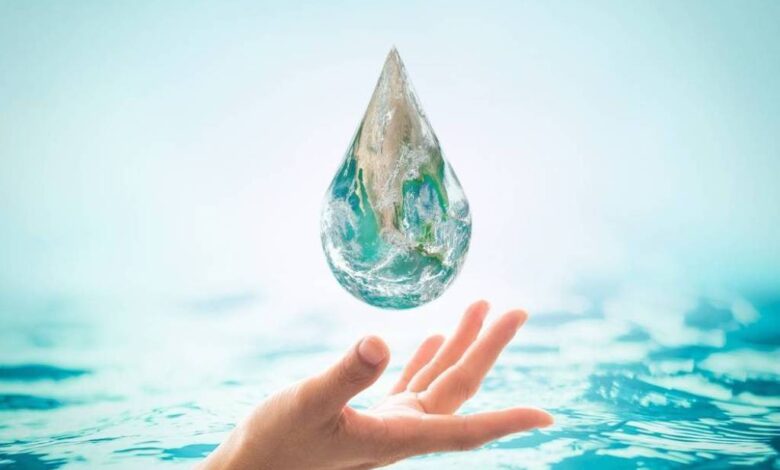Water Diplomacy in Central Asia as a Path to Sustainable Development

In the context of climate change, population growth, and economic activity, water management is becoming critically important for Central Asia. Water diplomacy is becoming essential to prevent conflicts, ensure development, and strengthen cooperation between the region’s countries.
Central Asia, known as one of the most climate-vulnerable regions globally, faces a significant threat. The glaciers that feed the region’s two main rivers, the Amudarya and Syrdarya, are at risk of melting. This potential loss could lead to a drastic reduction in available water, a situation exacerbated by the increasing water demand due to population growth and agricultural expansion. It is crucial to develop a balanced and equitable water management policy that considers the interests of all Central Asian countries.
A Brief History
The water issue between Central Asian countries has a long and complex history. The situation worsened in the post-Soviet period, when each country faced the task of independently managing water resources. At that time, this process was regulated by central planning, which ensured a certain balance. Still, with the collapse of the Soviet Union, new challenges arose related to the need to coordinate actions between independent states. However, these challenges led to the realization of the importance of water diplomacy and joint resource management.
Joint Projects and Agreements
Despite the existing challenges, the Central Asian countries are demonstrating their willingness to collaborate in the water sector. The recent agreement between Kazakhstan, Kyrgyzstan, and Uzbekistan to construct the Kambarata HPP-1 is a shining example. This agreement not only showcases the region’s ability to negotiate but also seeks mutually beneficial solutions and considerate of all parties’ interests.
Moreover, Uzbekistan’s active participation in water resource exchange projects with Kazakhstan is a beacon of hope. In 2024, the country surpassed the water discharge plan to Kazakhstan, sending over 4 billion cubic meters of water via the Syrdarya. This success story is a testament to the potential of water diplomacy and good neighborliness in the region.
It is also worth noting the initiative of the President of Kazakhstan to create a water and energy consortium in Central Asia. This project, aimed at digitalizing water accounting and distribution, introducing space monitoring and systematic scientific work, can be an essential step towards more efficient and equitable water management in the region.
At the same time, the environmental impact of water projects should be considered. Building new dams and canals can disrupt natural ecosystems, requiring protection measures. The interests of the local population and the need to preserve biodiversity in the region must be considered since effective water management directly affects food security and the population’s well-being.
One of the pressing issues remains the management of Sarez Lake. This unique reservoir, located in the mountains of Tajikistan, represents both a potential opportunity for water supply and a severe threat in the event of a breakthrough. Joint efforts by countries in the region to ensure the safety of Sarez Lake can prevent a possible catastrophe and maintain stability in Central Asia. At the 7th meeting of the Joint Working Group of Tajikistan and Uzbekistan on Water Resources, held on August 3 in Dushanbe, the issue of using the water of Sarez Lake for drinking needs was discussed.
The Role of International Organizations
It is important to note that Uzbekistan is actively cooperating with influential structures like the UN and the Eurasian Development Bank to attract experts and finance environmental projects. These efforts aim to modernize water infrastructure, improve water management, and address climate change.
International projects not only contribute to improving the environmental situation in the region, but also strengthen ties between the countries of Central Asia, creating a solid foundation for further cooperation.
Thus, water diplomacy in Central Asia is not just a resource management tool but also a key element of sustainable development and stability in the region. Joint projects, international cooperation, and consideration of environmental and social factors allow the region’s countries to effectively address emerging issues and move forward.
Abduaziz Khidirov, UzA











